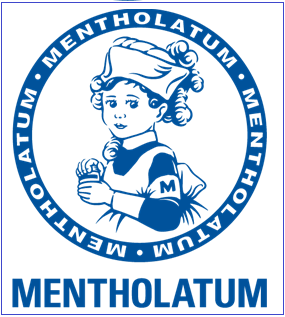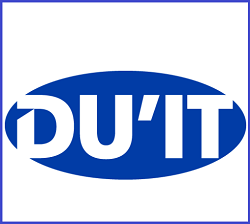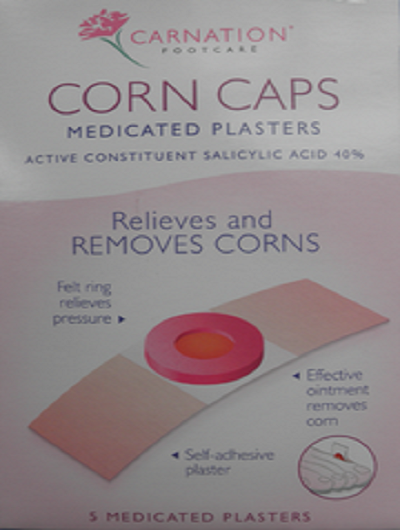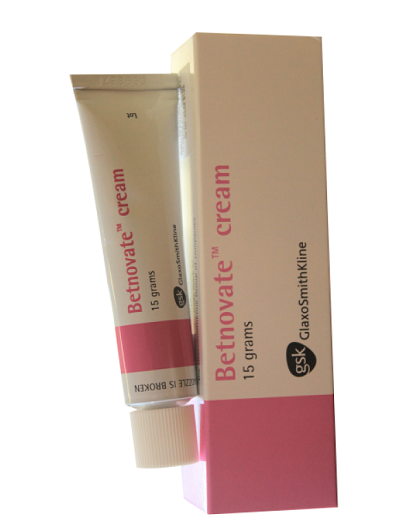The role of vitamins and minerals lies with the body as a necessary supplement
Vitamins and minerals are essential substances of the body, involved in the structure of cells, metabolism, energy supply as well as all life activities of the body. Vitamins and minerals for adults, children or the elderly are all very important.
Contents
1. What is the role of vitamins?
Vitamins are organic compounds that the body cannot synthesize, most of which must be obtained from the outside through the daily use of foods. Vitamins exist in the body in small amounts but play an important role in maintaining the life as well as the living activities of the body.
Functions of vitamins in the body:
- It is one of the essential components that make up cells, essential for the growth and maintenance of cells.
- Participates in the metabolism of substances.
- Strengthens the body's immune system.
- Participates in the regulation of the heart's work with the nervous system.
- Vitamins in the body act as catalysts to help assimilate and transform food, create energy to provide for the activities of the body.
- Vitamins are capable of protecting cells from attacks of infectious agents thanks to their properties against oxidation, detoxification and repair of damaged structures.
- Participate in support for the treatment of diseases of the body, enhance the health of the body.
Vitamins have many different types, in addition to the general functions of vitamins, each of them plays a separate role for the body:
Vitamin B: stimulates eating, helps skin and hair shiny, especially contributes to the development of the nervous system.
Vitamin A : helps brighten eyes, fight the aging process of the body.
Vitamin C : slow oxidation, many applications in dermatology, have the ability to increase the strength of the vessel wall, used in the treatment of hemorrhagic diseases.
Vitamin D : Along with calcium helps to stimulate the development of the skeletal system. Lack of vitamin D will cause bone and joint diseases such as rickets , curved spine, slow teething ...
Vitamin E : related to skin and blood cell pathologies.
Vitamin K : is one of the important factors involved in blood clotting. Lack of vitamin K makes it difficult for blood to clot, wounds will bleed continuously.
Vitamins are important for the body but that doesn't mean get as many vitamins as possible. The excess or lack of vitamins causes the body's diseases to affect health.
Causes of vitamin deficiency:
- Insufficient food ingredients.
- Due to diseases of the gastrointestinal tract leading to decreased or not absorbed vitamins.
- After taking antibiotics, some intestinal bacteria are destroyed, affecting the vitamin synthesis process.
- Providing vitamins that do not meet the correct age or needs of the body.
- Other causes: due to lack of genetic enzymes, lack of internal factors, due to drug use, ...
Causes of excess vitamins in the body:
- Excess vitamins commonly found in the group of oil-soluble vitamins such as vitamin A, vitamin D. The water-soluble vitamins are less redundant because they are eliminated quickly, without causing accumulation.
- Vitamin excess due to abuse of vitamin supplements.
- Overeating foods containing vitamins in oil.
2. The role of minerals in the body
For health, minerals have a similar important role as vitamins. Minerals are also involved in the structure of cells, participating in living activities and especially important in the balance of fluids, maintaining the development of bones and muscles, as well as supporting the functioning of the nervous system. business.
Like vitamins, minerals are minerals that the body cannot produce on its own. Minerals are supplied mainly through the diet. A scientific diet full of nutrients will ensure health.
Minerals include sodium, chloride, potassium, calcium, phosphorus, magnesium or trace minerals such as iron, selenium, manganese, fluorine, copper, iodine. Each mineral has its own functional uses. The roles of several important minerals in common use:
Magnesium: Essential for digestive system function, especially muscle contractions and nerve impulses. Magnesium is also involved in blood sugar control, blood pressure regulation, and maintenance of bone strength.
Selenium: is a component of the enzyme glutathione peroxidase that affects all components of the immune system, affecting the development of white blood cells. Selenium deficiency causes immunosuppression, impaired white blood function, prevents metabolic disorders in the digestive system.
Iron : Essential for the creation of blood cells. Iron deficiency will cause anemia, hair loss, headache, dizziness.
Zinc : stimulates the activity of enzymes, supports the immune system, protects taste and smell, is involved in DNA synthesis.
Chloride: is a special mineral in the body that is a component of gastric juice. Chloride with sodium helps the body to balance the body's fluids.
Potassium: Necessary for the central nervous system, is also involved in fluid balance in the body. When potassium levels are disturbed, heart rhythm disturbances can occur.
Sodium: combined with chloride will help balance extracellular fluid, regulate blood pressure.
Vitamins and minerals are important substances of the body, participating in all functions of the body. Currently, due to changes in processing methods, changing living habits as well as food growing ways, the amount of vitamins and minerals taken into the body is also changed. Although it is a trace element, when the body has an excess or deficiency of vitamins and minerals, it can affect health. Please establish yourself a suitable diet to ensure health.
Source: europharmas

















